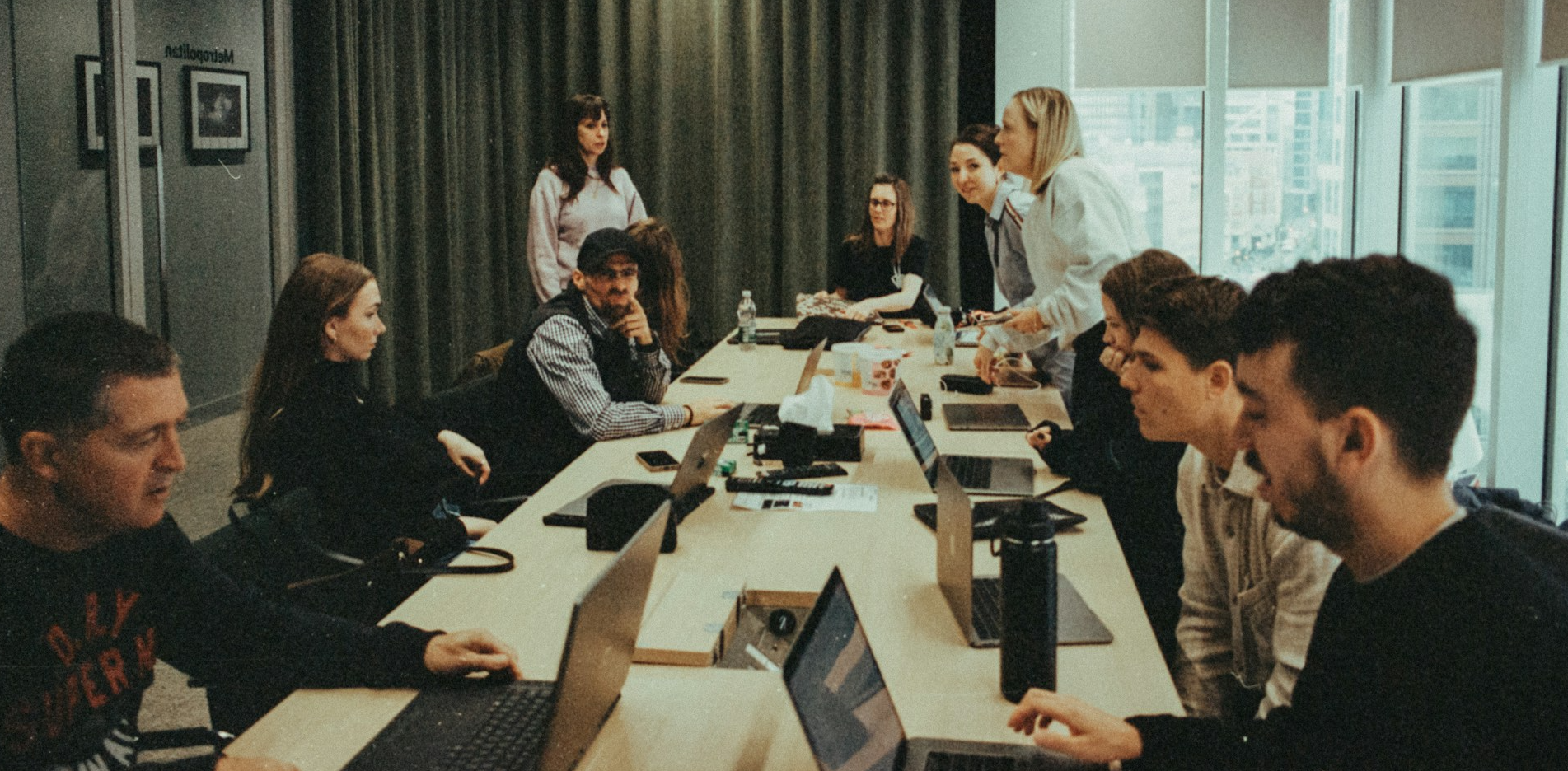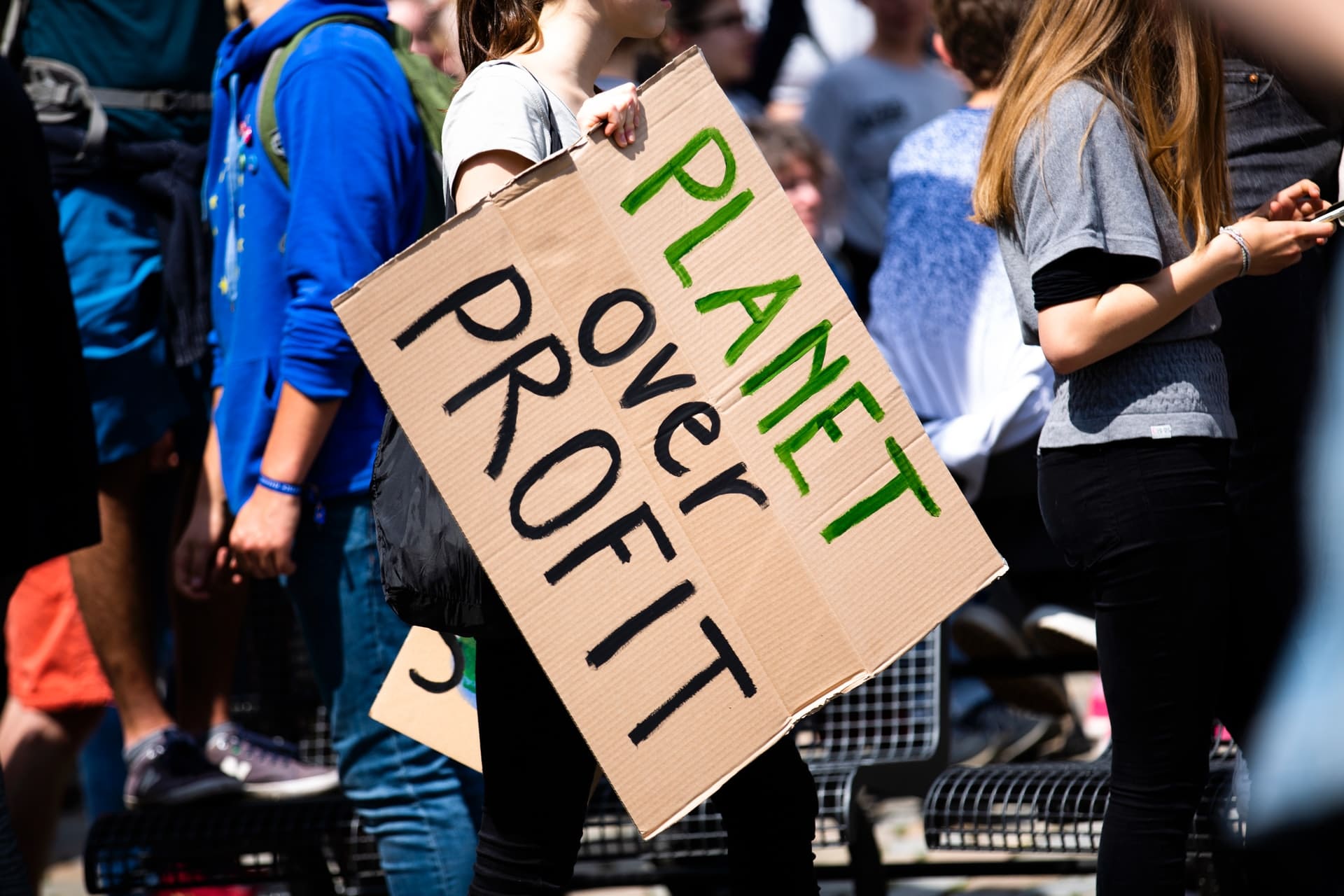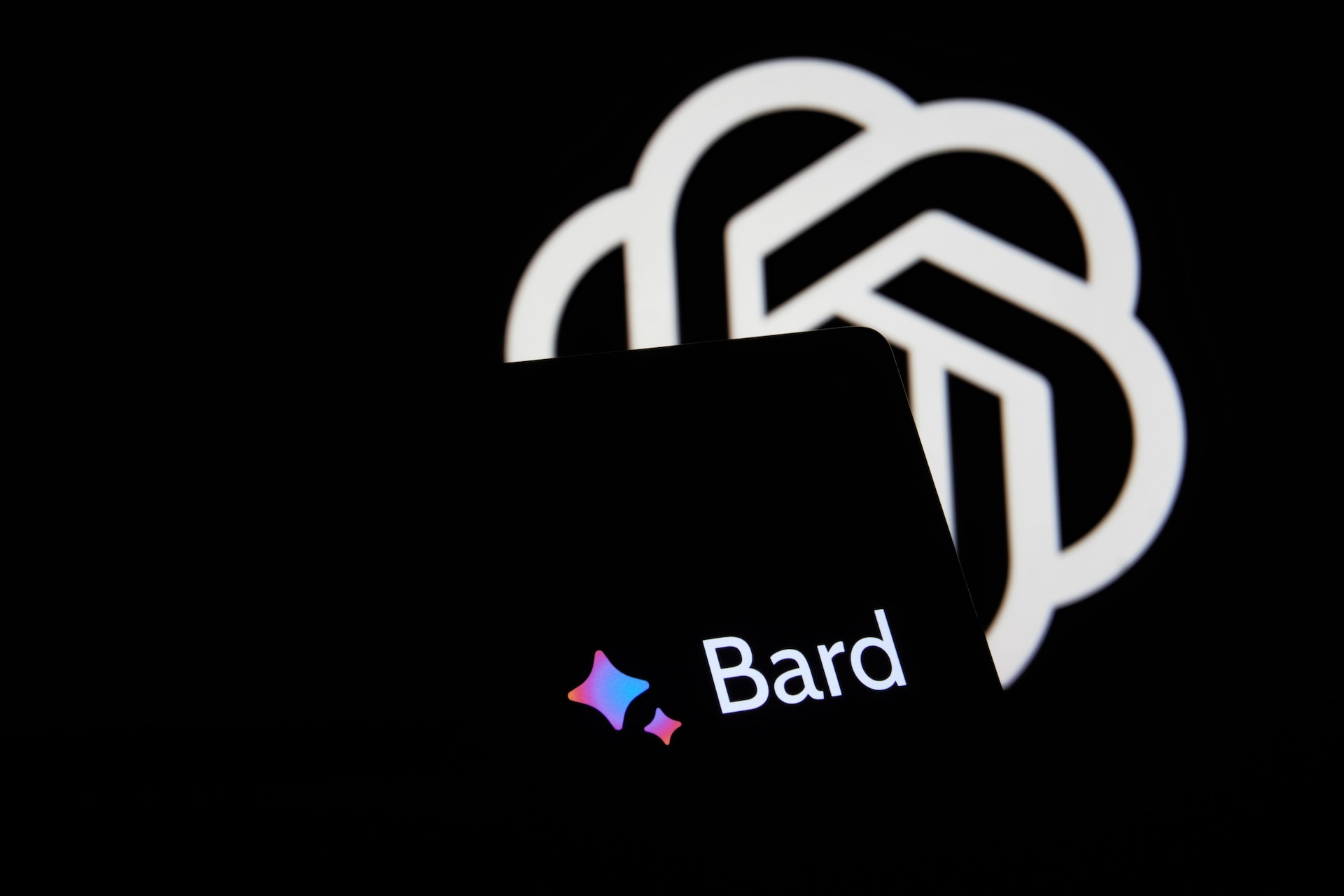Cooperating for Gender Equality: Building Inclusive Futures
Gender equality is one of the 17 sustainable development goals (SDG) that leaders of the world agreed to achieve by 2030. SDG 5 aims to achieve gender equality for all women and girls, ensuring their equal representation and participation in every area of life—education, business, politics, and civil governance.
Achieving global sustainability and resilience will be incomplete without ensuring that rights and security of women are met. They make up nearly half of the world’s global population, but suffer inequality and misrepresentation at workplace, business, and politics – and even domestically. So, enabling gender equality is critical to establishing a healthy society, reducing poverty, and promoting better health, education and better outcomes for all.
But we are still lagging behind in realizing complete gender equality as 1 in 5 girls are still being married before the age of 18, while women’s political participation still remains constrained. Across the world, only 27% of national parliament seats are occupied by women as of January 2024. Meanwhile, although 40% of global employment is held by women, their participation in managerial positions is restricted.
In most countries in Africa, women still suffer from violence and inequality across economic, social, and public representation areas. An analysis of Africa’s Gender Index 2023 reveals that African women are halfway towards achieving gender parity. Meanwhile, 1 in 4 African women and girls have undergone female genital mutilation (FGM). FGM is a harmful practice observed in 30 countries across Africa, the Middle East, and Asia. It involves partial or complete removal of female genitalia, increasing risk of health complications for women and girls.
Horasis strongly believes that overcoming gender inequality will need collective action. Issues around gender inequalities are deep-rooted, requiring inclusive policies and practices. And Horasis is furthering this belief through its upcoming Horasis Global Meeting, which is in its 10th edition. Scheduled between 7 to 10 October 2025 in São Paulo, Brazil, the meeting will harness opinions and experiences of global leaders from various backgrounds to find cooperative frameworks to our present challenges.
Systemic Barriers to Gender Equality
Gender inequality remains a problem due to ingrained systemic barriers in societies, workplaces, and governments. In certain countries, child marriages still remain prevalent, causing devastating consequences on girls’ life and cascading impacts on the economy. A girl getting married before the age of 18, means their education gets impacted, which in turn impacts their access to better livelihoods, thus pushing them more towards poverty. If we are to end global poverty, we will also need to look at ending child marriages, ensuring equal opportunities for girls to complete their education, equivalent to rights accorded to boys.
A staggering 2.4 billion women globally do not have equal economic rights as men, since 178 countries have legal barriers in place preventing their full economic participation.
Even at workplaces, women are exposed to gender barriers—also known as the glass ceiling—hindering their growth and progress in an organization. Women are perceived to be less ambitious than men, with fewer women being promoted to managerial roles than men. This discrimination therefore impacts the ability of women to earn more, further increasing gender pay gap issues.
Women in general are also expected to perform unpaid domestic care work. On an average, women spend about 2.5 times more hours on unpaid domestic care work than men. This impact is more pronounced in Northern Africa and Western Asia, where women on an average spend about 5 times more hours on unpaid domestic care work than men. This greatly impacts a working woman’s earning capabilities, further pushing them towards poverty and limiting their market participation.
Ways to Overcome
To ensure girls remain in schools, robust and transformative policies are needed. Here we can take the case of the Beti Bachao Beti Padhao scheme, launched in 2015 by Indian Prime Minister Narendra Modi. The scheme has helped improve sex ratio at birth, by raising awareness around negative gender-based practices. Campaigns such as “Selfie with Daughters” and “Beti Janmotsav” raised awareness around the girl child. Furthermore, the initiative has also helped increase girls’ enrolment in secondary education from 75.5% in 2014-15 to 78% in 2023-24. It also helped improve healthcare outcomes for women in the country.
The EU has implemented several measures in ensuring women’s equal participation at the workplace and protection of their rights. Working women have the right to take a minimum of 14 weeks for maternity leave, with them being compensated for these leaves. Additionally, they can also request for 5 days of leave each year to take care of family members. All working parents with children of up to 8 years old can avail flexible working arrangements such as reduced working hours, flexible working hours, and flexibility in place of work.
Achieving gender equality will require a collective approach that includes involvement of individuals, communities, companies, and governments to work together to overcome systemic barriers and promote equal opportunities for women. According to Michelle Bachelet, former President of Chile, former Executive Director of UN Women and former United Nations High Commissioner of Human Rights: “The importance of achieving gender equality has no parallel. Our world will not accomplish its full potential if we don’t harness all that we can contribute with our ideas, vision, and experience.”
Photo Caption: Although 40% of global employment is held by women, their participation in managerial positions is restricted.



